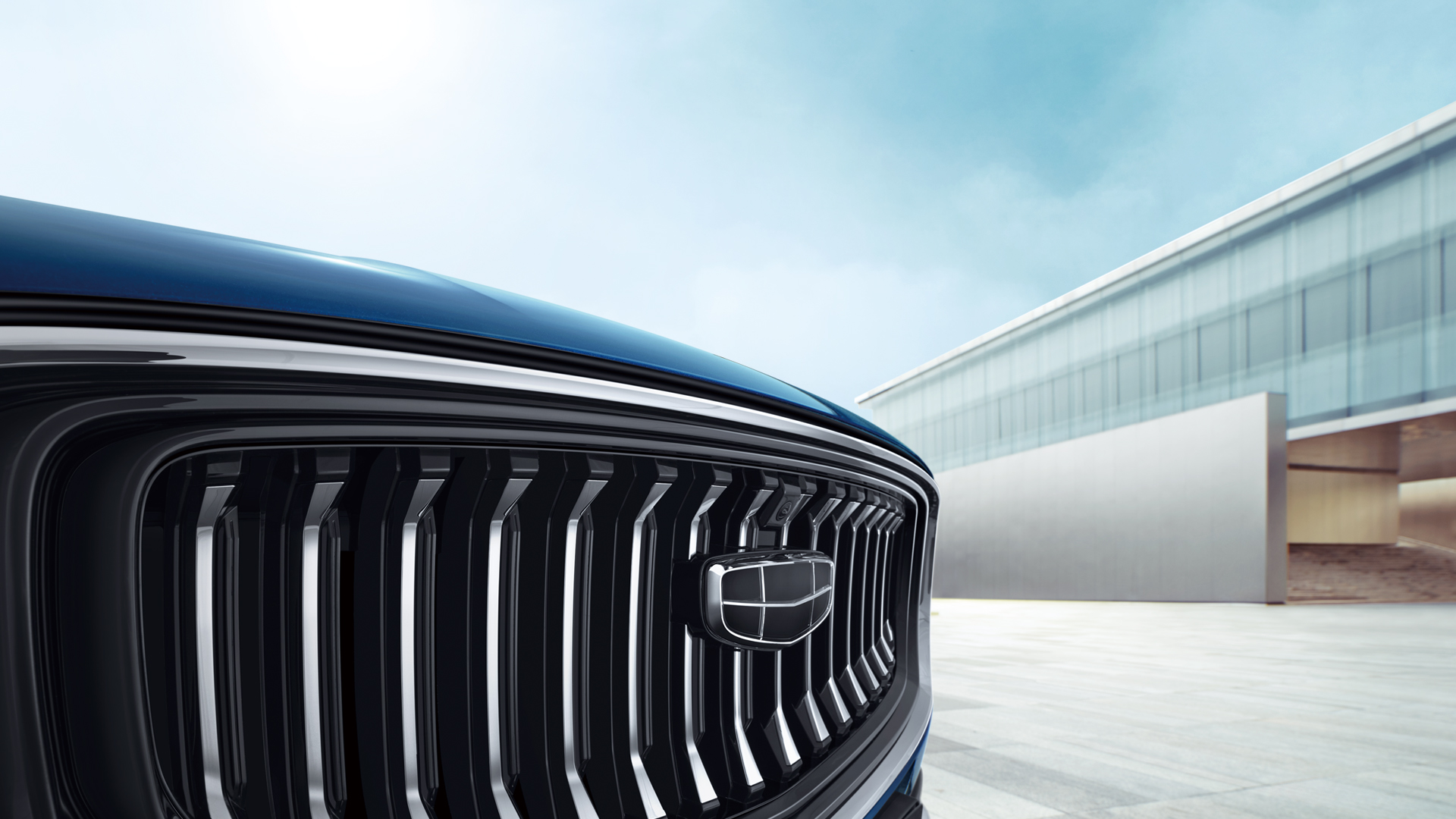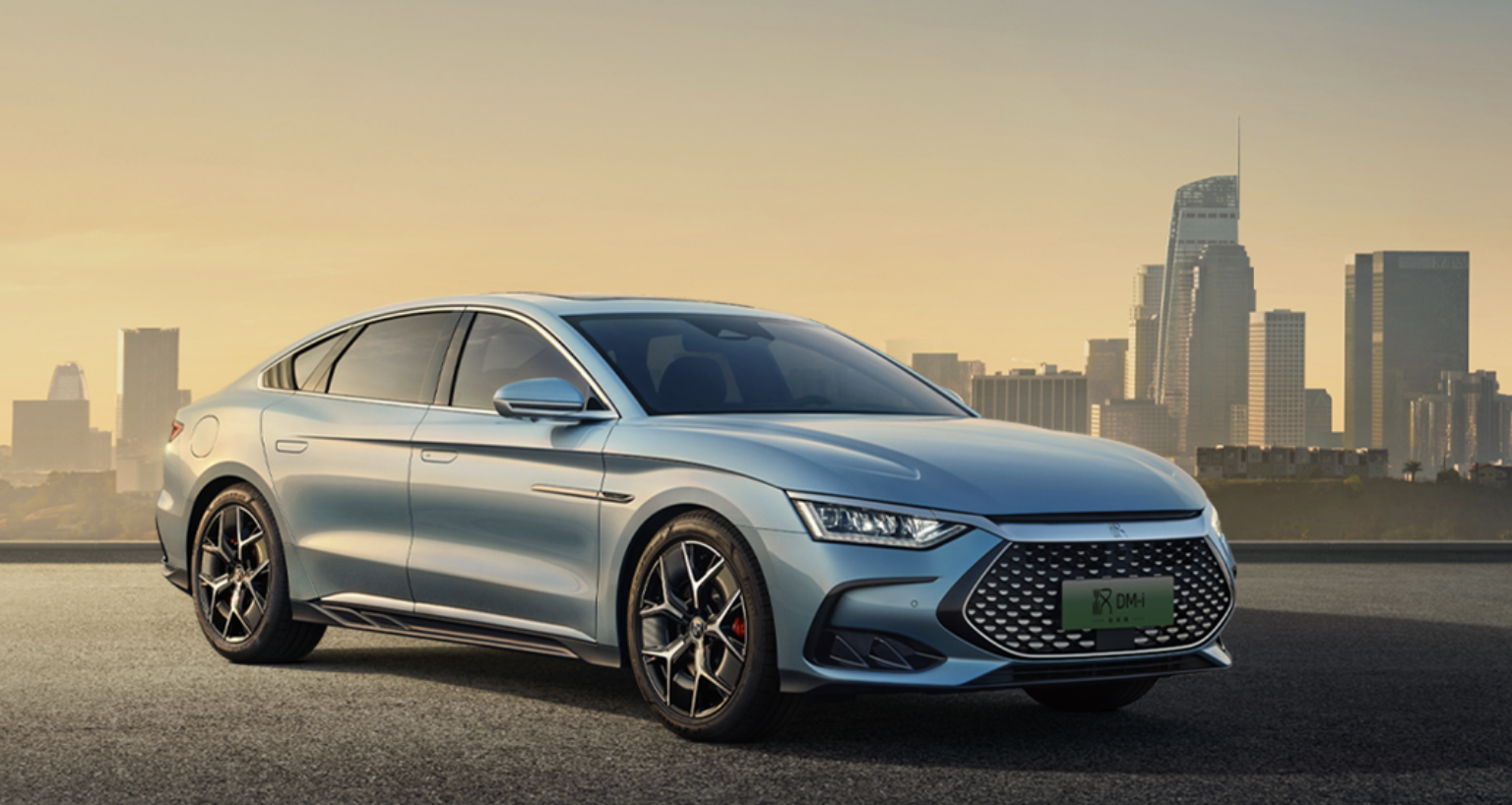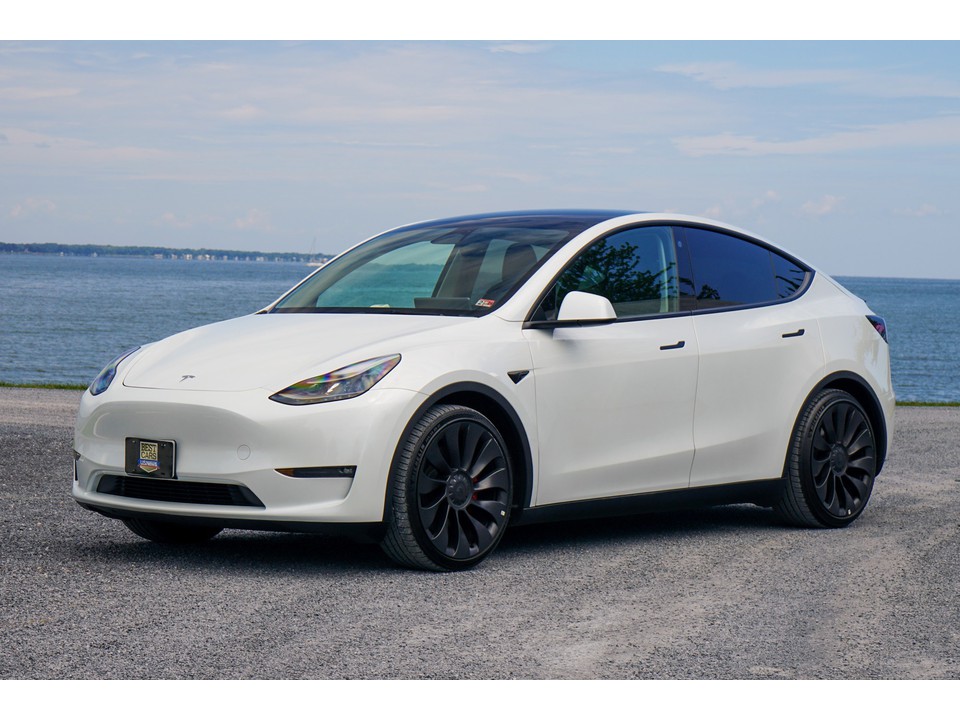Blog
-
2 MayRead more »
At present, pure electric vehicles mainly have two kinds of charging and battery replacement. Among them, charging has an absolute mainstream position at the moment, but the convenience brought to consumers by battery replacement cannot be ignored. For this reason, the number one giant in the
-
24 AprRead more »
C can be called "charging rate", that is, the multiple of the charging current relative to the rated capacity (Ah) of the battery cell, expressed in C. The larger the number in front of C, the faster the charging speed.
4C charging means that
-
18 AprRead more »
Thailand and Indonesia have become one of Asia's hottest investment destinations for electric vehicle components and materials, as Japanese, Chinese and South Korean companies race to join the region's electric vehicle production, Nikkei Asia reported.

Japanese plastics maker Kuraray opened its first factory in Thailand this month.
The new factory is one of a growing number of EV-related investments in Thailand, Southeast Asia's largest car producer, but still a new frontier for electric vehicle models. South Korea's Hyundai Motor Co. started producing electric vehicles in Thailand last year, and China's BYD Corp. plans to start assembling cars there in 2024.

Some 70 billion yen ($520 million) was invested in the Kuraray plant, a joint venture with Thai petrochemical company PTT Global Chemical and Japanese trading house Sumitomo Corp.
Kuraray's high-performance resin Genestar is being produced there. It has higher heat resistance than standard resins and is used in high-voltage parts around car batteries. Genestar is produced in Japan, but the new plant in Thailand will double annual production to 26,000 tonnes.
Multilayer ceramic capacitors stabilize the current flowing inside a device, and an electric car may need as many as 10,000 of them. Murata, a global leader in capacitors, plans to increase its supply capacity in Southeast Asia.
Thailand introduced incentives in 2022 to facilitate the shift to electric vehicles, and automakers in China and Japan have responded.
BYD plans to open a factory next year with an annual output of 150,000 vehicles. Great Wall Motor, which has
-
10 AprRead more »
Since its inception, Zeekr, a luxury electric vehicle brand jointly created by its own brand Geely Automobile and Volvo, has created a number of highly eye-catching electric vehicles. In addition to developing a brand new four-door In addition to sedans, it is also planned to enter the European
-
3 AprRead more »
Tesla is preparing to introduce a new feature that will allow owners to use excess solar energy to charge their cars. If your home generates more energy than it uses, this excess energy can be automatically directed to your car.
For solar panel
-
27 MarRead more »
Most recently Google developed Android Automotive, an operating system that can be found in new vehicles from General Motors, Polestar, Volvo, Honda, and soon BMW and Volkswagen Group.

-
20 MarRead more »
Recently, according to Automobilwoche, Mercedes-Benz will invest billions of dollars to modernize its factories in China, Germany and Hungary in the next few years in preparation for the transition to electric vehicles.
-
13 MarRead more »
A General Motors executive reportedly said the company is exploring the use of ChatGPT as part of a broader partnership with Microsoft Corp.

-
6 MarRead more »
The conflict between Russia and Ukraine has lasted for more than a year, and the entire Russian auto industry has changed drastically. Manufacturers such as Volkswagen, Honda, Ford, BMW, Mercedes-Benz, and GM have withdrawn one after another. Russian car sales will plummet by 58.8% in 2022, leaving
-
27 FebRead more »
Philippine trade undersecretary Ceferino Rodolfo told the media this week that three Southeast Asian countries, the Philippines, Vietnam and Indonesia, are competing to attract Chinese electric vehicle giant BYD to build electric vehicle assembly plants there.

 Russian
Russian




